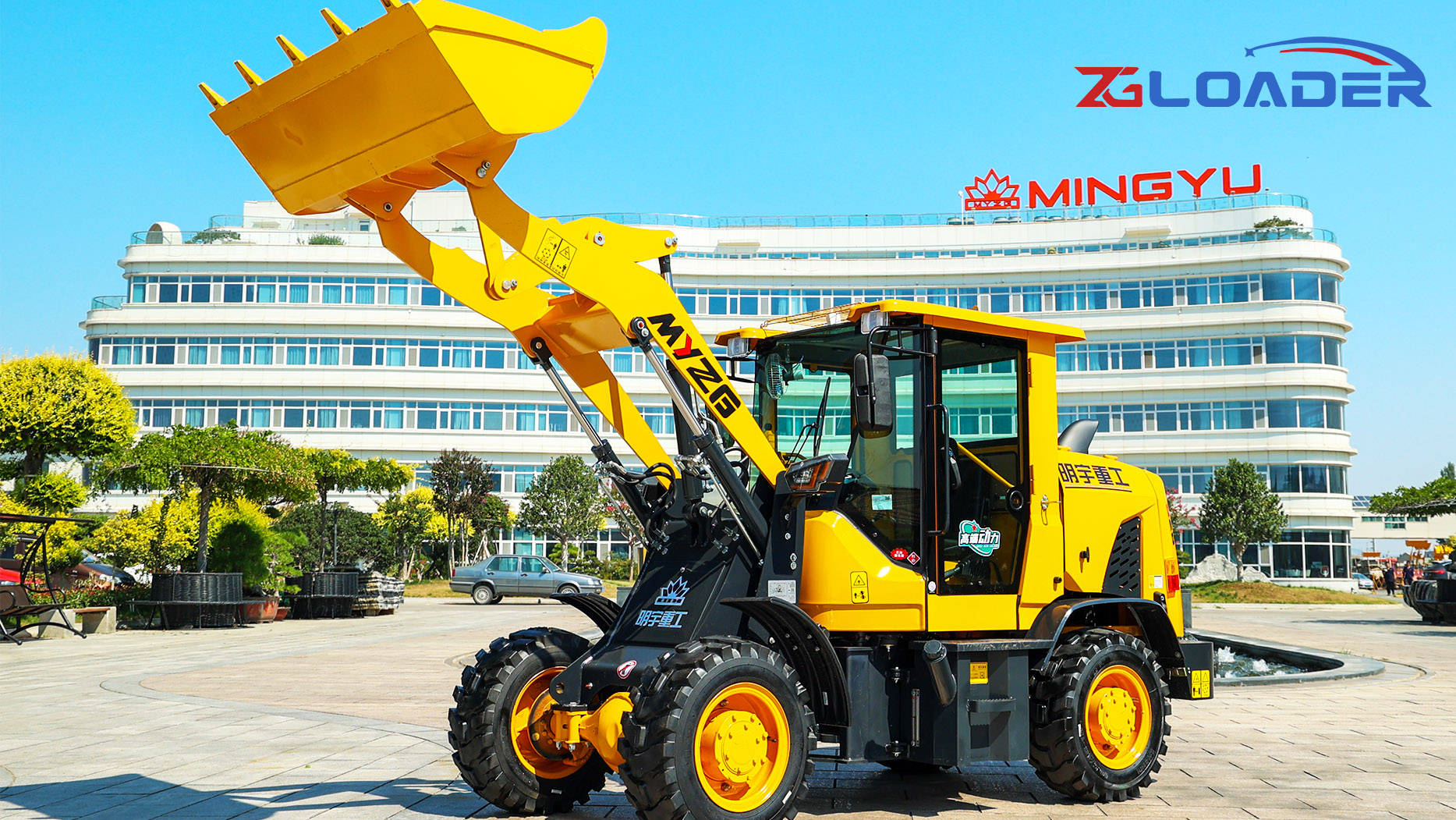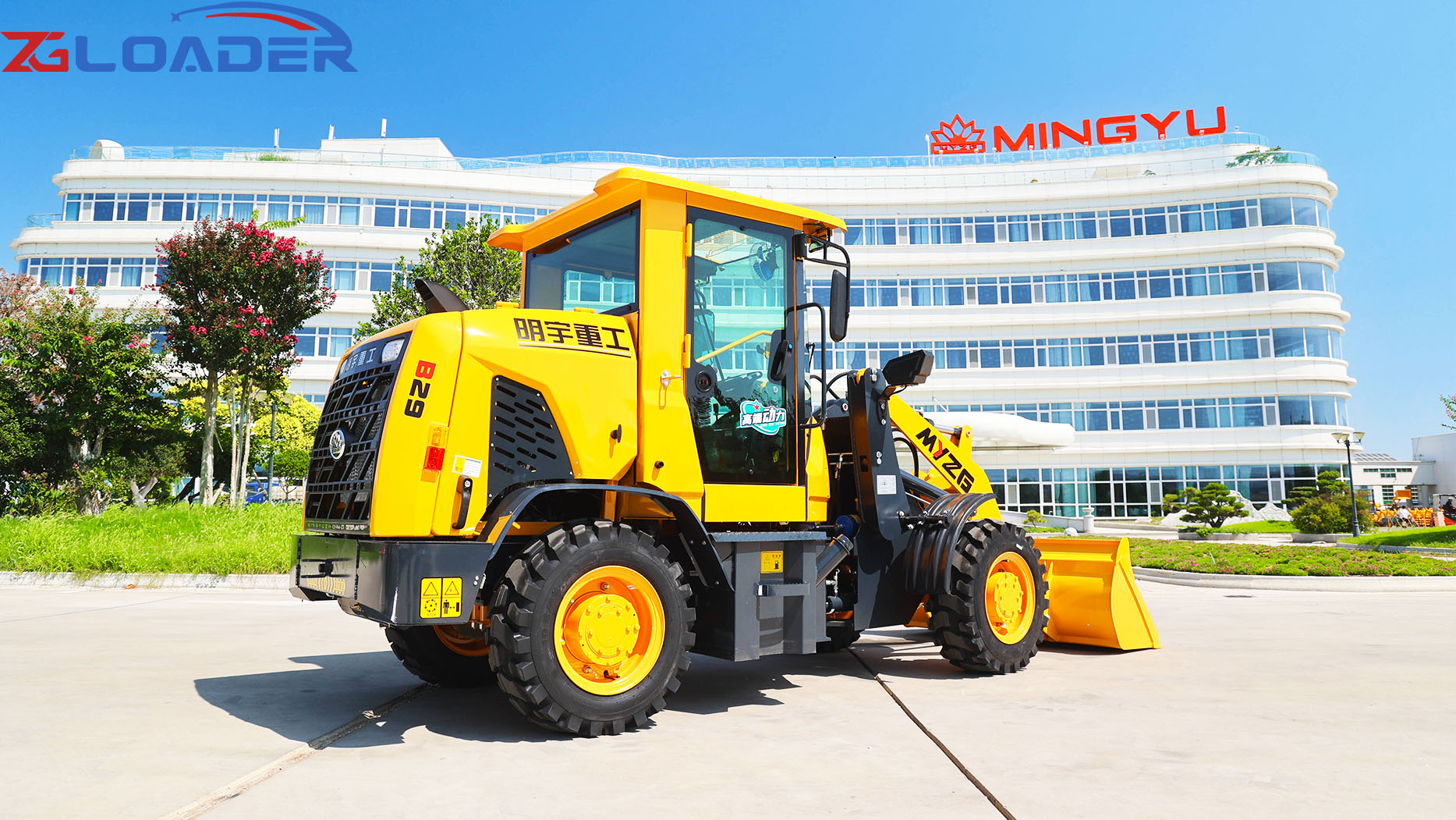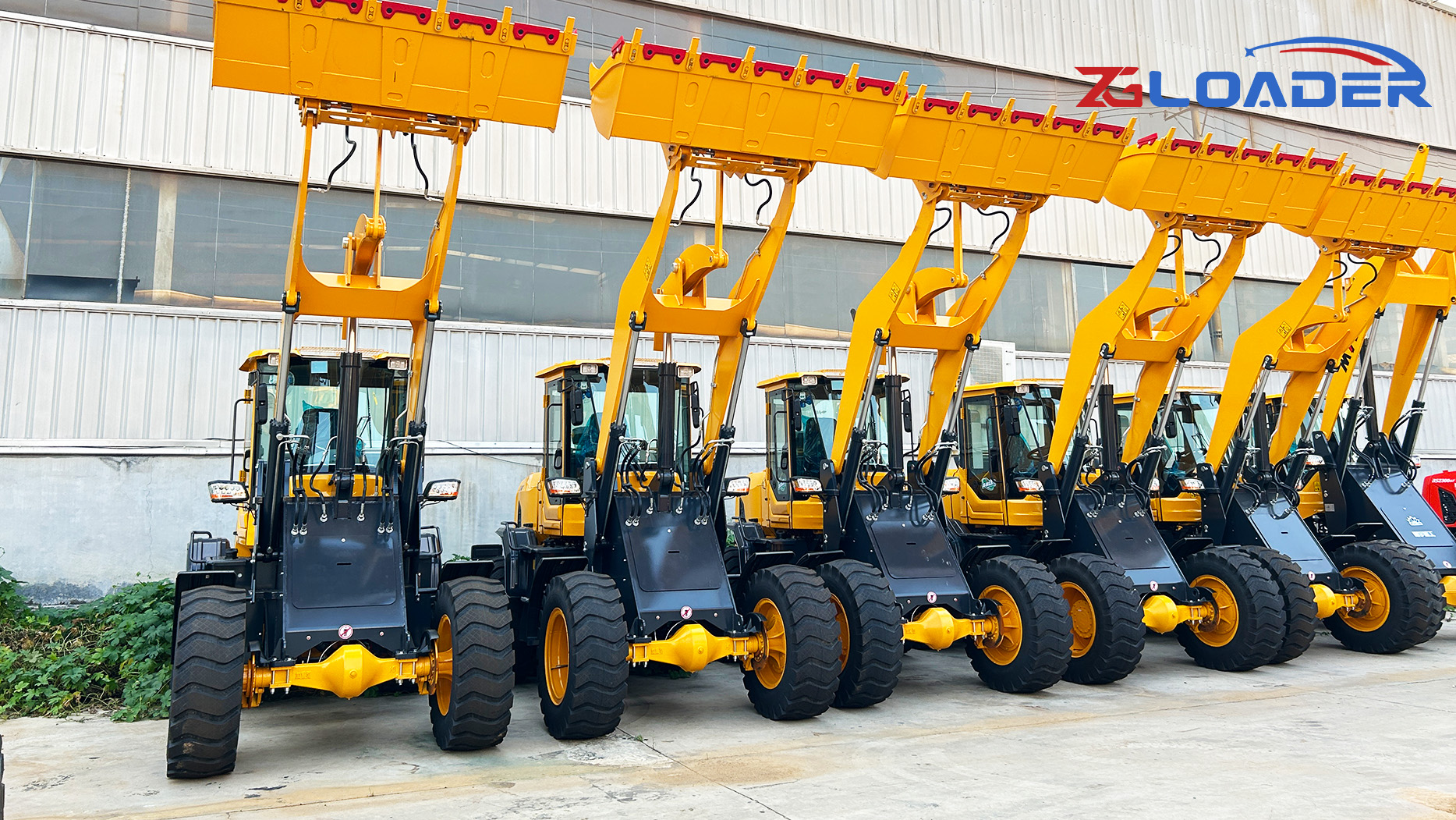Electric bulldozers may sound like a futuristic concept, but the growing trend of electrifying heavy machinery is becoming more of a reality. As industries worldwide aim to reduce their carbon footprints and increase sustainability, the construction and earthmoving sectors are also shifting toward greener alternatives. Bulldozers, which are integral to many construction projects—from clearing land to shaping roads—play a crucial role in these efforts. With increasing pressure to adopt cleaner technologies and more efficient machinery, the question arises: will we soon see electric bulldozers replacing their traditional diesel counterparts?This article delves into the potential for electric bulldozers, exploring the advancements, challenges, and future outlook for this new generation of heavy machinery. We’ll examine the environmental benefits, technological hurdles, and industry efforts that are shaping the future of bulldozers, ultimately determining whether electric models will soon become mainstream in construction projects worldwide.
The Rise of Electrification in Heavy Equipment

The move towards electrification in heavy equipment has accelerated in recent years, primarily driven by the push for sustainability and stricter environmental regulations. Electric vehicles (EVs) have already revolutionized the transportation sector, and this transition is extending to heavy machinery as well. Many industries, including mining, agriculture, and construction, are now considering electrified machinery as a means to reduce emissions, decrease operational costs, and meet regulatory requirements.
Electric forklifts, loaders, and excavators have been successfully developed and deployed in various markets, proving that heavy-duty electric equipment is feasible and beneficial. As governments implement stricter emission standards and set aggressive carbon reduction goals, the adoption of electric machinery is expected to grow. However, bulldozers—the giants of construction equipment—still face numerous challenges when it comes to electrification.
What Are Electric Bulldozers?
Electric bulldozers, in essence, would operate similarly to traditional bulldozers but with electric motors and batteries instead of a diesel engine. These bulldozers would rely on high-capacity batteries to power electric motors that provide the necessary torque and power for earthmoving tasks. While electric bulldozers are not yet common in the industry, some manufacturers are beginning to experiment with prototypes or concepts, and the interest is growing.
These electric bulldozers would also incorporate similar components to those found in other electric machines: advanced battery packs, power management systems, and high-efficiency electric motors. However, they would need to be designed with specific considerations in mind, such as ensuring sufficient battery life for extended operating hours and maintaining high performance in demanding conditions.

Potential Benefits of Electric Bulldozers
There are several potential advantages to transitioning to electric bulldozers. First and foremost is their environmental impact. Electric bulldozers would produce zero tailpipe emissions, which is a major benefit, especially in urban construction sites and other areas with stringent air quality regulations. In addition to reducing the environmental impact, these machines could help construction companies meet sustainability goals and improve their corporate image by adopting eco-friendly technology.
Electric bulldozers would also have lower operating costs compared to their diesel counterparts. With fewer moving parts, electric motors are less prone to wear and tear, resulting in lower maintenance costs. Additionally, electricity is generally cheaper than diesel fuel, meaning electric bulldozers could help save on fuel costs over time. The quiet operation of electric bulldozers is another benefit, making them ideal for work in noise-sensitive areas, such as urban environments or near residential neighborhoods.
Technological Challenges
Despite the potential advantages, there are significant technological challenges that must be overcome before electric bulldozers can become a widespread solution. One of the main concerns is the capacity of current battery technology. Bulldozers are large, powerful machines that require a substantial amount of energy to perform heavy-duty tasks. Existing battery technology may not yet be able to provide the necessary range or runtime for bulldozers operating on large construction sites or working for extended periods.
Another challenge is the power-to-weight ratio. Diesel engines have been refined over decades to provide the necessary power for bulldozers, and electric motors must be able to match that power without adding excessive weight. Moreover, electric bulldozers would need to be equipped with efficient charging systems to allow for quick recharging between work cycles, especially in remote or off-grid locations where charging infrastructure may be lacking.
Industry Efforts and Developments
Leading manufacturers in the construction equipment industry, such as Caterpillar, Komatsu, and Volvo, have started to invest in electric bulldozer research and development. Some of these companies have already introduced electric models of smaller construction equipment like loaders and excavators, and electric bulldozers are an obvious next step.
For example, Volvo and Caterpillar have been exploring electric bulldozer prototypes and have launched electric versions of smaller machines to test the waters. These companies are working closely with battery technology providers and energy experts to create solutions that can meet the demanding requirements of bulldozers. Additionally, collaborations between clean energy companies and construction equipment manufacturers are becoming increasingly common to develop new battery systems and charging infrastructure for electric machinery.
Market Demand and Adoption

The demand for electric bulldozers will depend largely on the willingness of construction companies to adopt the technology. While many businesses are eager to reduce emissions and lower operating costs, the high upfront cost of electric bulldozers and the lack of widespread charging infrastructure could be significant barriers. Moreover, some companies may still be skeptical about the performance and reliability of electric bulldozers, especially for heavy-duty tasks.
Governments, however, can play a pivotal role in driving adoption by offering tax incentives, grants, or subsidies for companies that purchase electric machinery. As construction projects increasingly focus on sustainability and carbon footprint reduction, there will likely be more incentives for adopting electric bulldozers, especially in urban areas or regions with stringent environmental laws.
Future Outlook
The future of electric bulldozers is promising, but it depends on continued advancements in technology. Innovations in battery storage, charging systems, and power management will need to address the limitations of current electric bulldozers, such as range, runtime, and performance. The industry is also likely to see the development of hybrid bulldozers that combine electric and diesel power, allowing for greater flexibility on job sites.
Electric bulldozers are likely to become more common as battery technology advances and construction companies begin to prioritize sustainability over traditional diesel-powered equipment. Hybrid models could serve as a transitional solution while full electrification is being developed, allowing companies to balance performance with environmental goals.
Environmental and Social Impact
The widespread use of electric bulldozers could have significant environmental and social benefits. Electrification in the construction industry could help meet global climate targets by reducing greenhouse gas emissions from construction equipment. Furthermore, electric bulldozers would contribute to reducing noise pollution on job sites, improving the quality of life for nearby residents.
Cleaner air for workers and communities is another key benefit, especially in areas where diesel emissions are a concern. Electric bulldozers could also align with corporate sustainability goals, improving a company’s environmental credentials and helping them stand out in an increasingly eco-conscious market.
Conclusion
While electric bulldozers are not yet widespread, the concept is gaining traction. With several manufacturers already working on prototypes and many more investing in research, the future of electric bulldozers looks promising. Technological advancements in battery capacity, charging infrastructure, and performance are essential to making these machines viable for large-scale construction. Electric bulldozers may not become mainstream in the immediate future, but the progress being made today suggests they will play a crucial role in the future of sustainable construction machinery. As technology evolves and demand for cleaner, more efficient equipment grows, electric bulldozers may soon become a common sight on construction sites worldwide.
Post time:Apr.21.2025
